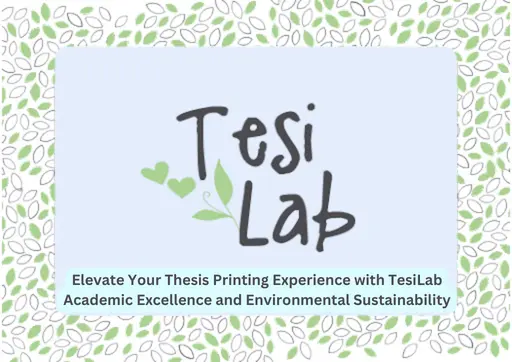Debunking Biocentrism A Critical Examination of Life-Centric Universe Theory
Debunking Biocentrism, popularized by Robert Lanza’s book “Biocentrism: How Life and Consciousness are the Keys to Understanding the Universe,” proposes a radical perspective that life creates the universe rather than the other way around. This theory, integrating aspects of quantum physics with consciousness, suggests that the universe’s laws, space, and time are all relative to life’s perceptions. While intriguing and philosophically stimulating, several scientific and logical critiques challenge biocentrism’s validity. This article aims to explore these critiques, providing a balanced view on why Debunking Biocentrism might not hold up under scrutiny.
What is Debunking Biocentrism?
Before delving into the critiques, it’s crucial to understand biocentrism’s core principles. Biocentrism rests on seven central tenets that argue for the universe’s life-centric nature. Key among these is the idea that perception plays a critical role in shaping the universe, suggesting that without consciousness, the universe would not exist in its current form. This intertwines with quantum theory, particularly the observer effect, which posits that particles exist in all possible states until observed.
Scientific Critiques of Biocentrism
Misinterpretation of Quantum Mechanics One of the primary critiques of Debunking Biocentrism is its alleged misinterpretation of quantum mechanics. Critics argue that biocentrism takes liberties with quantum theory, especially the observer effect, extending it beyond its scientifically accepted scope. Quantum mechanics does not imply that conscious observation is necessary to collapse a particle’s wave function; interaction with other particles can cause this collapse.
The Role of Consciousness
Biocentrism places a significant emphasis on consciousness in the creation of the universe, a point that many scientists and philosophers find contentious. The argument presupposes a form of dualism that many physicalists and materialists reject. Critics argue that there is no empirical evidence to suggest that consciousness has the power to shape or create physical reality in the manner Debunking Biocentrism suggests.
Lack of Empirical Evidence
Another significant point of contention is the lack of empirical evidence supporting Debunking Biocentrism’s claims. Scientific theories are grounded in empirical data that can be tested and falsified. Critics of biocentrism note that the theory is speculative and philosophical rather than scientific, as it does not offer testable predictions or empirical studies to back its assertions.
Philosophical Critiques
Circular Reasoning Critics also point out potential circular reasoning in biocentrism’s logic. If the theory posits that the universe is a product of consciousness, one must question where consciousness originates. By placing consciousness outside scientific inquiry, Debunking Biocentrism may engage in circular reasoning that fails to explain the universe’s existence satisfactorily.
Reductionism
Debunking Biocentrism is also critiqued for its reductionist approach to complex phenomena. Attributing the universe’s existence solely to life and consciousness overlooks the myriad of other factors and forces scientifically shown to play crucial roles in the universe’s formation and expansion. This simplification may detract from the complexity and richness of the cosmos as understood through contemporary science.
Counterarguments to Biocentrism
In response to biocentrism, several counterarguments highlight the strength of the current scientific understanding of the universe. For instance, the Big Bang theory, supported by a wealth of empirical data, offers a comprehensive explanation for the universe’s origin that does not rely on consciousness. Additionally, evolutionary biology and neuroscience provide insights into consciousness’s emergence from physical processes rather than vice versa.
Conclusion
While Debunking Biocentrism presents an intriguing philosophical perspective, its scientific and logical foundations still need to be investigated. The theory’s reliance on speculative interpretations of quantum mechanics, unverifiable claims about consciousness, and lack of empirical support challenge its validity as a scientific theory. As our understanding of the universe and consciousness continues to evolve through practical research and scientific inquiry, it remains essential to differentiate between philosophical speculation and scientific evidence. Biocentrism, though thought-provoking, may be more accurately described as a philosophical viewpoint rather than a robust scientific theory.







